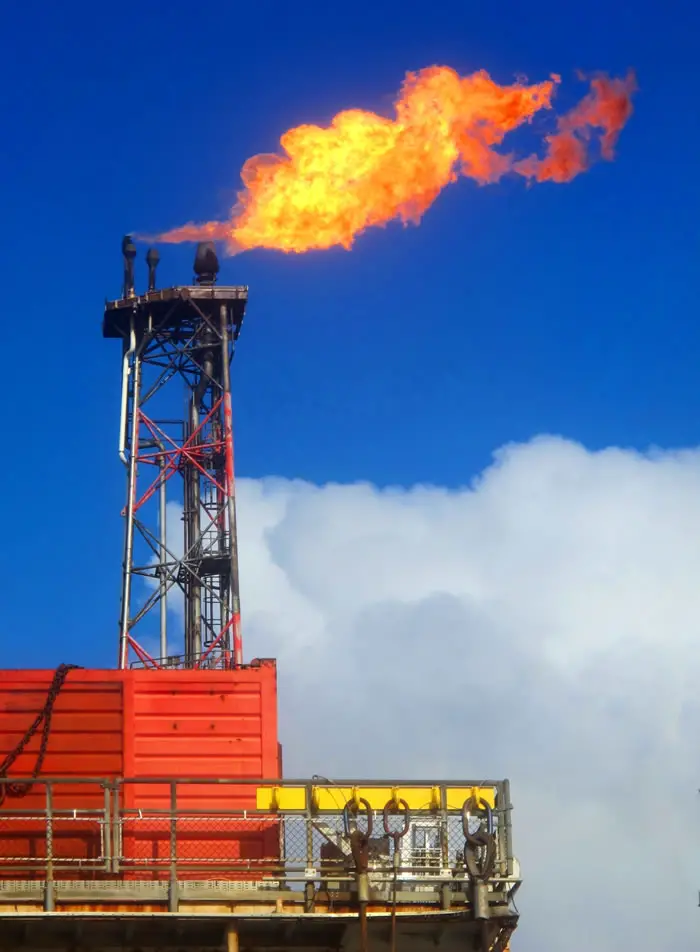The Ghanaian government has allowed Jubilee partners to flare gas from the Jubilee Field to save the oil wells from collapsing. This move is likely to see Ghana lose millions of dollars as a result of gas flaring.
Jubilee partners – Tullow Plc, Kosmos, Anadarko, PetroSA and the Ghana National Petroleum Corporation (GNPC) were given approval to flare gas in late May this year which is against the country’s “No Flaring Policy”. However, the Head of Public Affairs of the Environmental Protection Agency (EPA), Angelina Mensah, whose agency and the Ministry of Energy and Petroleum approved the flaring insisted that they took the decision in the interest of the economy.
Mrs. Mensah explained that not being allowed to flare the gas could damage Tullow’s reservoir, and drastically cut down production. The Managing Director of Tullow Oil Ghana Limited, Charles Darku said that production at Jubilee Field had been reduced by almost 5,000 barrels every day because of their inability to flare the natural gas.
The Tullow Oil Ghana, which is the unit operator of Jubilee Field and its partners are permitted to flare 500 Million Standard Cubic Feet (MMSCF) of gas per month until the end of October 2014. However, the Africa Centre for Energy Policy (ACEP), a leading energy think-tank argued that much of this gas which is to be flared could be converted for domestic use and for electricity generation purposes.
In ACEP’s recent report on gas development in Ghana, it expressed disgust at the delay in the completion of the Gas Infrastructure Project popularly known as Atuabo Gas plant being constructed by SINOPEC. It cited the associated cost and revenue losses to the state. The flaring of gas is yet another cost Ghana and Ghanaians have to suffer as a result of the delay in the completion of the Atuabo Gas project.

